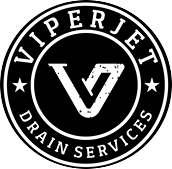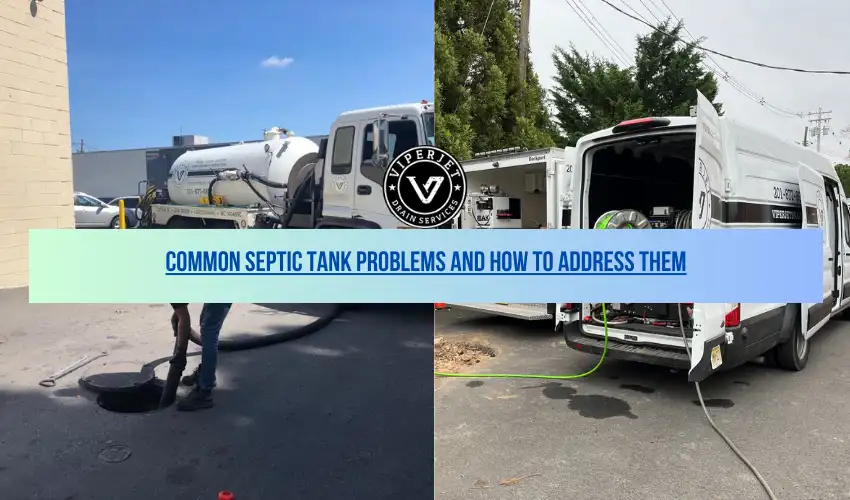Septic tanks are an essential component of wastewater management for homes that are not connected to municipal sewer systems. While generally reliable, septic systems can encounter various problems that require prompt attention to avoid costly repairs and environmental hazards. Here’s a look at some common septic tank problems and how to address them effectively.
1. Sluggish Drains and Backups
Problem: One of the most obvious signs of septic tank issues is sluggish drains or backups in sinks, toilets, and showers. This can indicate that the septic tank is full or there is a blockage in the system.
Solution: Schedule regular pumping of the septic tank every three to five years to prevent it from becoming too full. If the problem persists, a professional inspection can identify any blockages or pipe issues that need to be addressed.
2. Foul Odors
Problem: Unpleasant odors emanating from drains or the area around the septic tank can indicate a problem. These smells are usually due to gases released by the buildup of waste in the tank or issues with the ventilation system.
Solution: Ensure the septic tank is regularly pumped to prevent the buildup of waste. Additionally, check the vent pipes for blockages or damage. A professional can help diagnose and fix ventilation problems.
3. Standing Water or Wet Spots
Problem: Standing water or wet spots in the yard, especially near the drain field, can indicate a failing septic system. This often happens when the tank is full or the drain field is saturated.
Solution: Have the septic tank pumped and inspect the drain field for any signs of failure. Improving drainage around the area and reducing water usage can help alleviate the problem. In severe cases, the drain field may need to be replaced.
4. Lush, Green Grass
Problem: While it might seem like a positive sign, unusually lush and green grass over the drain field can indicate a leaking septic system. The extra nutrients from the waste can promote excessive growth.
Solution: Inspect the septic system for leaks or cracks. Ensuring regular maintenance and avoiding overloading the system with water can prevent this issue. Professional repairs may be necessary to fix any leaks.
5. Gurgling Noises
Problem: Gurgling noises coming from the plumbing system can indicate that air is trapped in the pipes, often due to a blockage or an issue with the septic tank.
Solution: Check for blockages in the plumbing and ensure the vent pipes are clear. If the problem persists, it may be necessary to have the septic tank inspected and pumped by a professional.
6. Slow Drain Field Percolation
Problem: When the soil around the drain field does not absorb wastewater efficiently, it can lead to slow drainage and potential backups.
Solution: Avoid heavy machinery or excessive foot traffic over the drain field to prevent soil compaction. Regular maintenance and proper water usage can help maintain percolation rates. In some cases, the drain field may need to be rejuvenated or replaced.
7. Tank Overflow
Problem: An overflowing septic tank can cause wastewater to back up into the home or pool on the ground surface.
Solution: Regular pumping is essential to prevent the tank from overflowing. If the tank overflows despite regular maintenance, it could indicate a problem with the tank’s size relative to household usage or an issue with the drain field that requires professional attention.
8. Tree Root Infiltration
Problem: Tree roots can infiltrate septic tanks and pipes, causing blockages and damage.
Solution: Avoid planting trees and shrubs near the septic system. If roots have already infiltrated the system, a professional plumber can remove them and repair any damage. Installing root barriers can prevent future problems.
Conclusion
Proper maintenance and early detection of issues are key to avoiding common septic tank problems. Regular inspections, pumping, and mindful usage can keep your septic system functioning efficiently. When problems do arise, addressing them promptly with professional help can prevent more significant issues and ensure the longevity of your septic system. By staying vigilant and proactive, homeowners can enjoy a trouble-free septic system and avoid costly repairs and environmental hazards.

